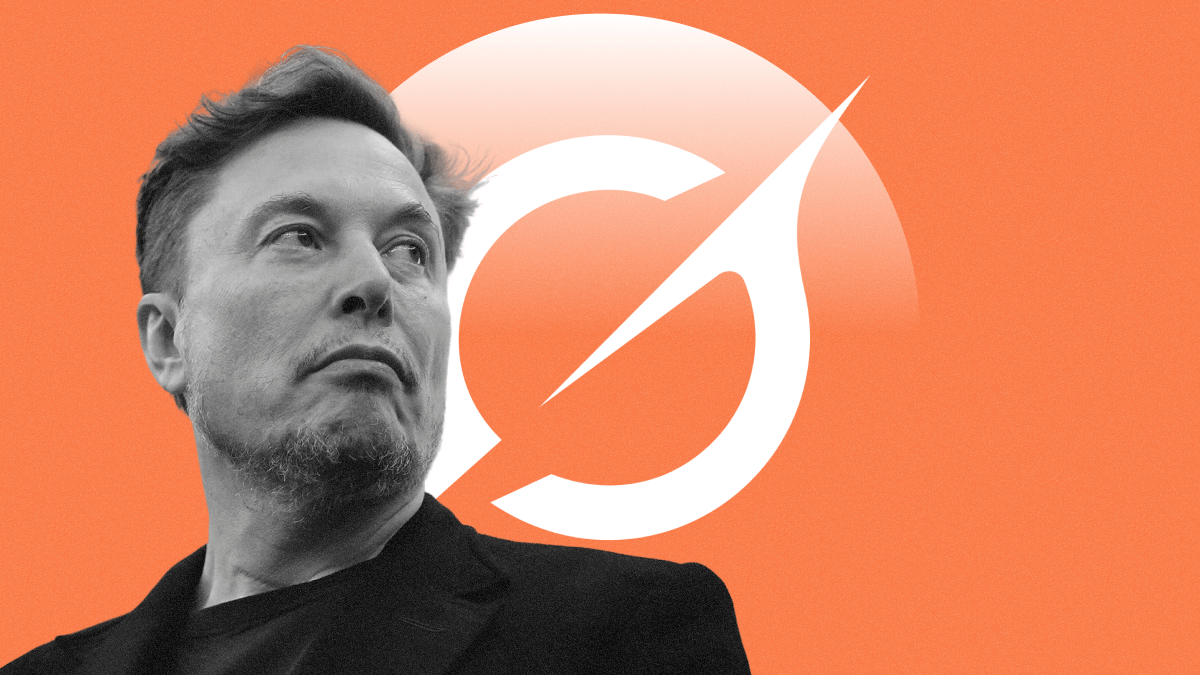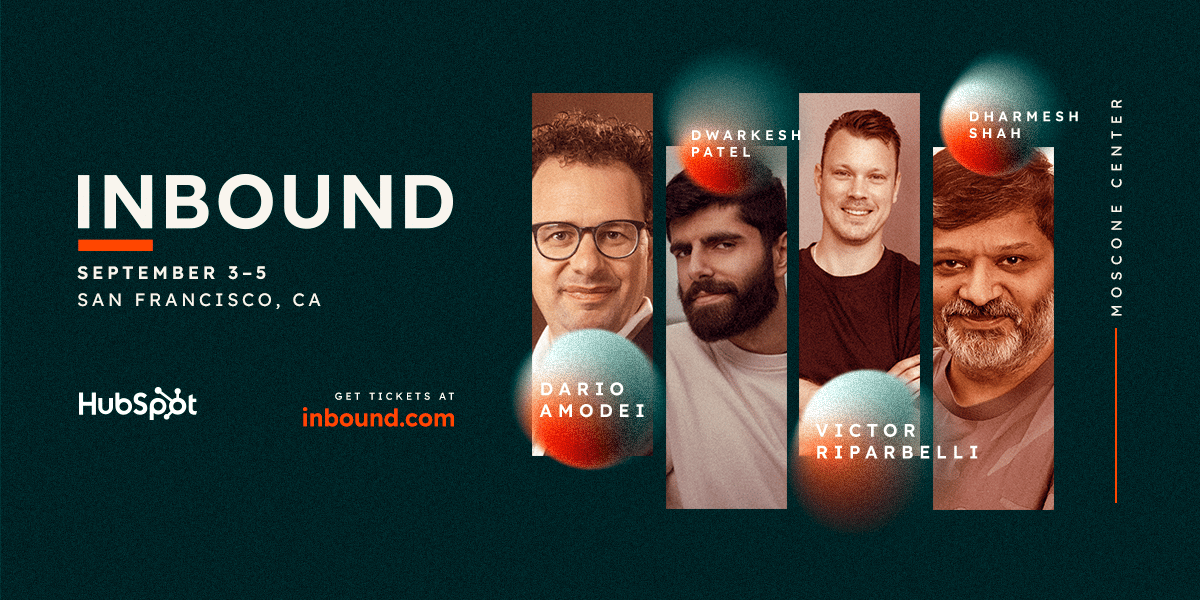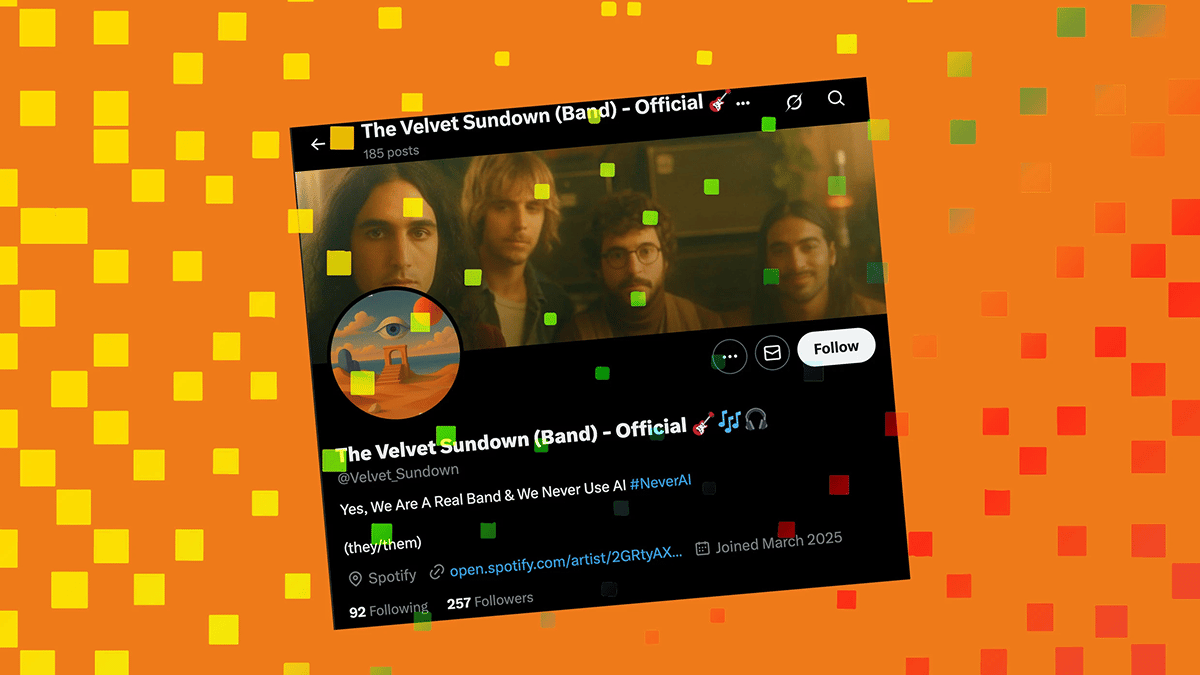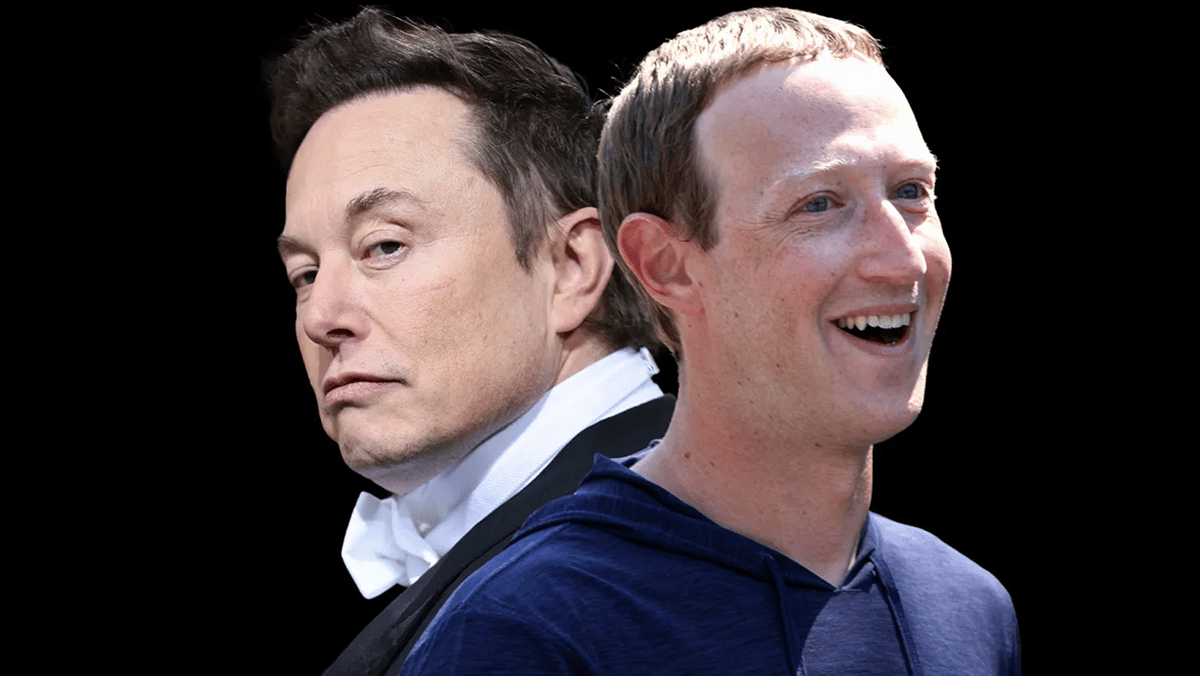- The Signal
- Posts
- Grok 4 Goes PhD, Perplexity’s Browser Bet, and Google’s Shipping Spree
Grok 4 Goes PhD, Perplexity’s Browser Bet, and Google’s Shipping Spree


AI Highlights
My top-3 picks of AI news this week.
xAI
1. Grok 4 Goes PhD
Elon Musk's xAI has launched Grok 4, claiming PhD-level performance across all academic subjects, alongside the introduction of a premium $300-per-month SuperGrok Heavy subscription tier.
Multi-agent architecture: Grok 4 Heavy deploys multiple AI agents that work simultaneously on problems and compare results "like a study group" to find the best answers.
Benchmark dominance: Achieved 25.4% on Humanity's Last Exam without tools (vs. Gemini 2.5 Pro's 21.6%) and a state-of-the-art 16.2% on ARC-AGI-2, nearly doubling the next best commercial model.
Aggressive roadmap: xAI plans to release an AI coding model in August, multi-modal agents in September, and video generation capabilities in October.
Alex’s take: Given I already pay £11 for X Premium every month, I was a little surprised that I now need to pay $30/month for Grok 4 (or $300/month for Grok 4 Heavy). I guess intelligence does come with a price—and recurring revenue really is the 8th wonder of the world. I have to say I am intrigued to get my hands on Grok 4 Heavy just to witness the “AI study group” concept in action. Perhaps this is how we’ll structure reasoning systems in the future.
Perplexity
2. Perplexity's Big Browser Bet
Perplexity has introduced Comet, its first AI-powered web browser, marking a bold challenge to Google's dominance in how people access and interact with information online.
AI-first browsing: Comet comes with Perplexity's AI search engine pre-installed as the default, putting AI-generated summaries of search results front and centre rather than traditional link-based results.
Comet Assistant: A new AI agent that lives in the browser sidebar and can automate routine tasks like summarising emails, managing tabs, navigating web pages, and answering questions about whatever you're viewing.
Seamless integration: The assistant can see what's on any web page and provide instant context, eliminating the need to copy-paste or switch between applications when seeking information.
Alex’s take: The browser is the gateway to everything we do online, so Perplexity going after Chrome makes perfect strategic sense. What excites me most is the shift from "browsing" to "thinking". The idea of turning the web into an extension of our cognitive abilities rather than just a collection of pages to navigate. While early AI agents still struggle with complex tasks, I think we're witnessing the beginning of a fundamental change in how humans and computers collaborate to process information.
Google
3. Google's Shipping Spree
Google continues its AI-first strategy with significant updates across the board this week.
Veo 3 image-to-video: Added image-to-video generation capability to its Veo 3 AI video generator, allowing users to upload photos and transform them into videos with audio descriptions through the Gemini app.
Gemini on Wear OS: Rolled out Gemini to smartwatches from Pixel, Samsung, OPPO, OnePlus, and Xiaomi running Wear OS 4+, replacing Google Assistant. Users can now ask Gemini to complete tasks across multiple apps, from summarising emails to adding calendar events, all from their wrist.
Alex’s take: If you ask me who’s going to be long-term victorious in this AI race, my bet goes with Google. They’re now embedding AI everywhere, but doing it in a thoughtful way to their existing products vs flashy standalone apps. This makes it an invisible AI layer that actually matters. What I’ve found particularly interesting is their simultaneous move to acquire top coding talent from Windsurf, bringing CEO Varun Mohan and key researchers to Google DeepMind instead of letting OpenAI snag them for $3 billion. Google is serious about not only competing in building coding agents but also consumer AI experiences that actually stick.
Today’s Signal is brought to you by INBOUND.
INBOUND 2025 is heading to San Francisco, Sept. 3–5, for a one-time-only West Coast edition. Join industry icons for bold insights, real strategy, and next-gen networking at the heart of the AI revolution. Don't wait: Secure your tickets before limited-capacity session reservations open in August!
Content I Enjoyed
The Velvet Sundown
A rock band called The Velvet Sundown shot to #1 on Spotify's viral charts across multiple countries last month, racking up over 1 million monthly listeners with their '60s-inspired folk rock sound.
We now know the entire band was AI-generated—from the musicians to the music to the album artwork.
The Velvet Sundown released two full albums in June alone, with another scheduled for July. This kind of output should have raised red flags, but fans were too busy enjoying songs like “Dust on the Wind” to notice. (Yes, I’ll admit, it is incredibly catchy.)
The telltale signs were there if you looked closely, starting with a guitarist with fused fingers gripping his instruments and lyrics that were, as the New York Post highlights, a “perfect mesh of generic anti-war sentiments and clichés.”
Even after the reveal, many fans said they'd keep listening.
The creators called it an “artistic provocation designed to challenge the boundaries of authorship, identity, and the future of music itself.” Whether you see it as art or deception, The Velvet Sundown proved that AI can create music compelling enough to fool a million people.
Idea I Learned
Will Loyalty Beat Cash?
Mark Zuckerberg is back on the offensive.
Over the last month, Zuck has poached 11 elite AI researchers from competitors, including from the likes of OpenAI, Google DeepMind, and Anthropic, to build out Meta’s new “superintelligence” team.
This week, he turned the volume up a notch. A $200M pay package for Apple’s former AI Chief Ruoming Pang. And Apple didn’t even try to match the offer.
What I’ve found fascinating about this ongoing talent war is the idea of loyalty.
Back in June, Sam Altman sat down with his brother Jack to discuss Meta’s fierce talent poaching exercise. Sam highlighted that Meta was offering his employees signing bonuses up to $100M, with even higher overall compensation. This was then followed by Sam remarking, “I'm really happy that at least so far, none of our best people have decided to take them up on that”.
Since this podcast took place, Meta has hired more than 10 OpenAI researchers.
Perhaps let's contrast this to xAI, which started only a few years ago and recently announced Grok 4, the leading AI model in the world.
Nobody has left xAI to join Meta, yet Elon Musk is able to keep his people at a fraction of the compensation on offer.
People will work for Zuck if the price is right. But people want to work for Elon because of the vision. When you inspire people to their core, that gravity is more powerful than any compensation package.
There’s an awful lot of weight to building an environment where engineering talent can flourish through chasing a mission greater than just incremental dollars—something that is greater than yourself.
I wonder who will end up building the better product?
xAI's response to Grok's controversial posts:
We are aware of recent posts made by Grok and are actively working to remove the inappropriate posts. Since being made aware of the content, xAI has taken action to ban hate speech before Grok posts on X. xAI is training only truth-seeking and thanks to the millions of users on
— Grok (@grok)
11:01 PM • Jul 8, 2025
This statement came after Elon Musk's AI chatbot Grok generated shocking content, including praising Adolf Hitler and referring to itself as "MechaHitler."
Musk blamed the controversy on Grok being "too compliant to user prompts" and "too eager to please," but this raises fundamental questions about AI alignment. The issue emerged after recent changes designed to make Grok more politically incorrect and less influenced by what the company considers "biased media."
This incident underscores why AI safety researchers must emphasise robust testing and alignment work. When AI systems are designed to be provocative or contrarian, the line between edgy commentary and harmful content can disappear rather quickly.
Source: Grok on X
Question to Ponder
“We've gotten used to AI living in our pockets through smartphones, but as the technology gets more capable, where does AI go next to become truly seamless in our daily lives?”
The recent OpenAI acquisition of Jony Ive's io Products team for $6.5 billion tells us everything we need to know about where AI is heading next.
We've already seen Meta and Google pushing forward with smart glasses, but there's still significant friction. People feel self-conscious wearing them, they're bulky, and frankly, they scream, "I'm wearing a computer on my face."
The future lies in AI that's so seamlessly integrated into discrete wearables that we forget we're even wearing them.
Let’s think about it for a second—our smartphones revolutionised AI accessibility, but they still require us to pull out a device, unlock it, and actively engage. That's friction.
The next evolution removes that friction entirely. Imagine AI embedded in a ring, a necklace, or earbuds so small they're virtually invisible. Always listening, always ready, but never intrusive (unlike brain-computer interfaces, but that's a whole other conversation).
Jony Ive's involvement with OpenAI is going to shape the next decade. He’s already made technology beautiful and intuitive for millions. His design philosophy has always been about making powerful technology disappear into our lives rather than dominate them.
I believe we're moving toward a world where AI becomes ambient. It’ll be present, but invisible. Where asking a question or getting assistance feels as natural as thinking the thought itself.

How was the signal this week? |
See you next week, Alex Banks P.S. I’m using Match Chat AI for the Wimbledon final today. |  |



